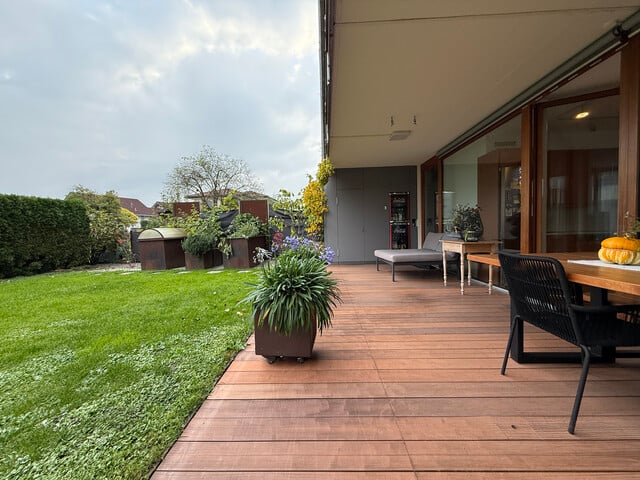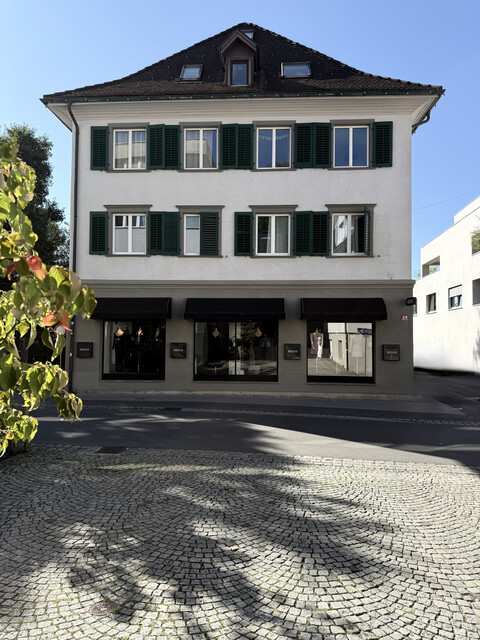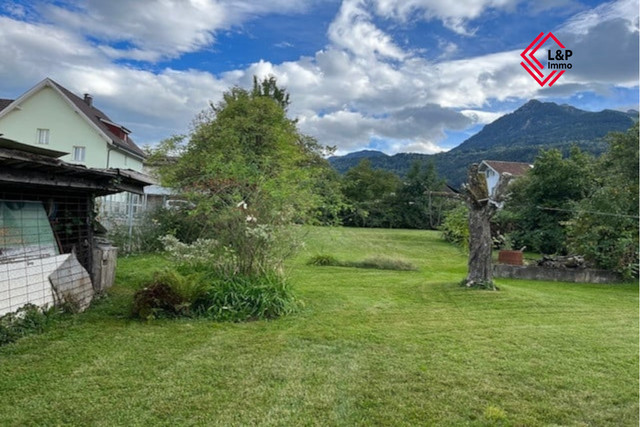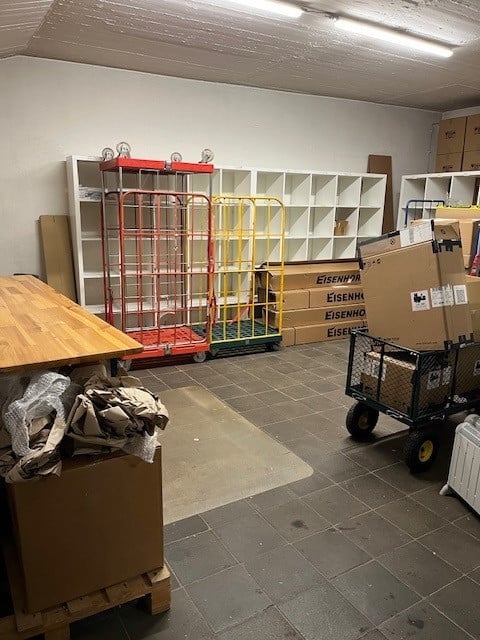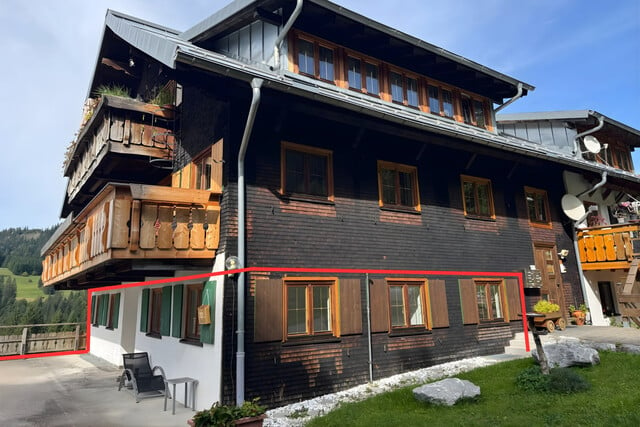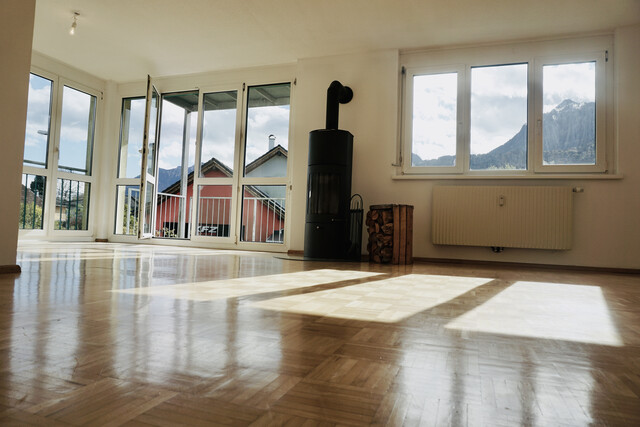Orthopedics in Vienna: Hospital Operator Raises Alarm
The Vinzenz Group warns of "drastic restrictions" in orthopedic care in Vienna. In the clinics they operate, a halving of beds is threatened, representatives of the hospital operator reported on Thursday. At least a draft would foresee such cuts, it was said. Longer waiting times for patients could be the result. Now they hope for talks with the city.
Concern After Draft
They are surprised and irritated, assured David Pötz, the managing director of the Vienna Vinzenz Clinics in conversation with media representatives. The reason for the concern is the expert draft for the Regional Health Structure Plan. This is currently under review. It would foresee a massive restriction on capacities, said Pötz.
Affected are the two major hospitals in Vienna, Herz-Jesu Hospital and the Orthopedic Hospital Speising. These are said to be among the leading institutions in the field of knee and hip joint replacement. According to the group, around 16,000 operations are performed there annually and around 120,000 patients are treated.
Hospitals with Service Mandate
The non-profit hospitals would have a service mandate in the public healthcare system, explained Pötz. The funding is provided by the city or the Vienna Health Fund. Reference was made today to already achieved efficiency improvements. According to Elvira Czech, the managing director of the Herz-Jesu Hospital, those affected after hip or knee surgeries only need to stay in the hospital for an average of three or four days.
The average in Austria is seven days, she explained. The day clinic rate is also very high. Further reducing this is difficult, as the Vinzenz Group emphasizes. Further structural measures could hardly compensate for restrictions. "A halving is certainly unthinkable," said Pötz.
164 Beds Fewer
The reduction planned in the structure plan is as follows according to company representatives: In Speising, it is to be reduced from 240 to 116 beds, in the Herz-Jesu Hospital from 90 to 50. "The impending reduction would lead to a deterioration in care," said Bernhard Tousek, the managing director of the hospital in Speising, convinced. The waiting time for elective, i.e., planned operations, will increase, they warn.
The specialization of hospitals was developed together with the city, it is noted. It is also understood that tax money must be handled responsibly. However, reducing capacities in the field of orthopedics does not correspond to the actual demand, it is believed. According to forecasts, this demand will quadruple by 2040. The demographic development is responsible for this.
Meeting with Vienna's City Councillor for Health
The Vinzenz Group - which in Vienna also includes the hospitals St. Josef, Göttlicher Heiland, and the Hospital of the Sisters of Mercy - now hopes to avert the looming scenario in discussions with the city. According to Managing Director Pötz, a meeting with City Councillor for Health Peter Hacker (SPÖ) is planned for December 3.
His office stated in a statement sent to APA that the Vienna Health Association had already made a cooperation offer to the Vinzenz Group for orthopedic-traumatological care some time ago. At the same time, it was reaffirmed that it is considered possible to "slightly reduce" the number of beds in the fund hospitals. This is because healthcare is becoming increasingly outpatient step by step. Therefore, the number of day clinic places will be increased, and the expansion of regional health centers will be promoted.
Specifically, the number of beds in Vienna's fund hospitals is to be reduced from around 9,200 to 8,400 by the end of 2030. However, not all departments will be equally affected, it was said. In some fields such as psychiatry, pediatrics, or neurology, there will even be more beds than now in the coming years, according to Hacker's office. In orthopedic-traumatological care, the number will "only slightly" shrink from 1,029 to 1,006. The focus in this field should be on acute care.
At the same time, there should be around 500 additional beds in the areas of remobilization and aftercare as well as acute geriatrics by 2030. The city councillor's office also noted that they want to adjust the number of guest patients to the Austrian average. Particularly in the orthopedic field, their share is considerable. "Since this number will noticeably decrease in the coming years, it is also possible to reduce the number of beds in this field, especially when it comes to planned interventions."
"Clear-Cut in Highly Specialized Care"
The health spokesperson of the Vienna People's Party, Ingrid Korosec, supported the group. "This is not a careful adjustment - this is a clear-cut in highly specialized care. Especially older people will suffer from these cuts," Korosec was convinced. "These two clinics treat every second orthopedic patient in Vienna."
They are exemplary for what Red-Pink supposedly wants to promote: quality through specialization, short stays, high day clinic shares. The Vinzenz Group has done its homework, yet cuts and halving are now threatened, criticized the ÖVP politician.
(APA/Red)
This article has been automatically translated, read the original article here.
Du hast einen Hinweis für uns? Oder einen Insider-Tipp, was bei dir in der Gegend gerade passiert? Dann melde dich bei uns, damit wir darüber berichten können.
Wir gehen allen Hinweisen nach, die wir erhalten. Und damit wir schon einen Vorgeschmack und einen guten Überblick bekommen, freuen wir uns über Fotos, Videos oder Texte. Einfach das Formular unten ausfüllen und schon landet dein Tipp bei uns in der Redaktion.
Alternativ kannst du uns direkt über WhatsApp kontaktieren: Zum WhatsApp Chat
Herzlichen Dank für deine Zusendung.

